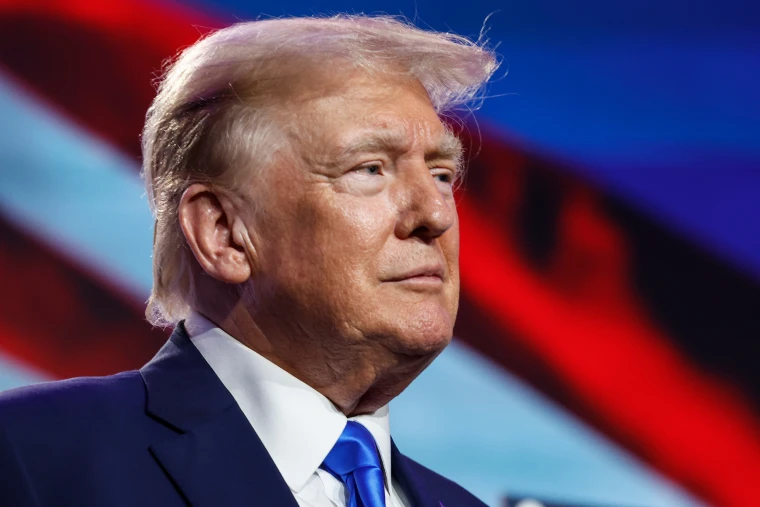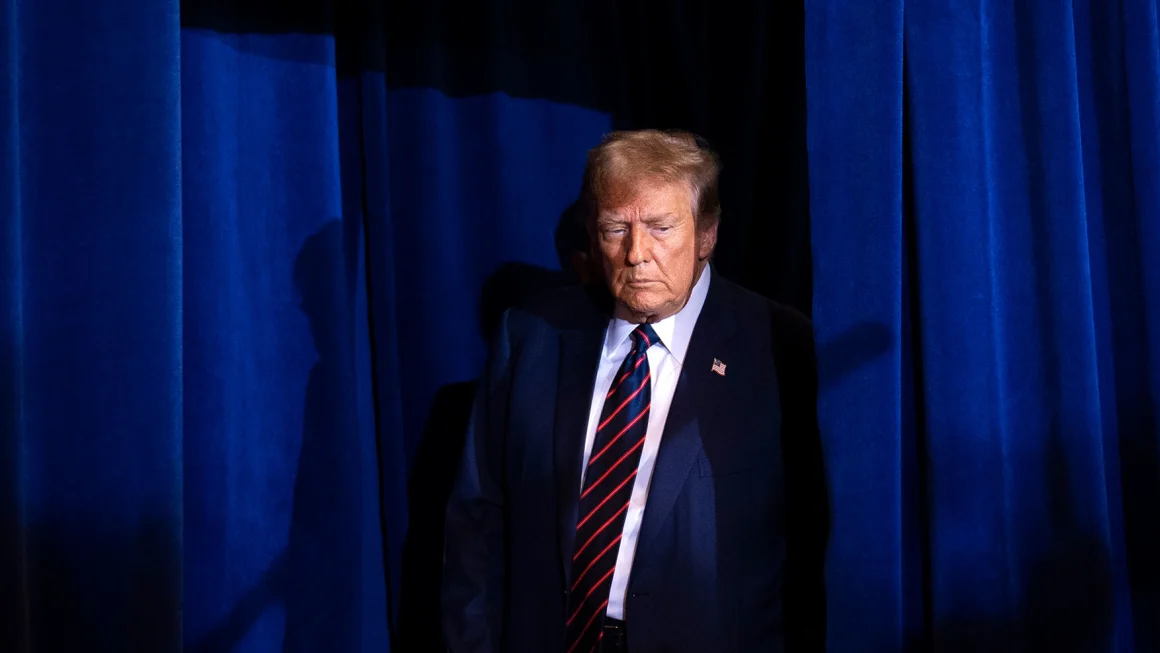The trial date for the federal election subversion case against former President Donald Trump in Washington, DC, has been postponed due to ongoing appeals regarding the scope of presidential powers, as outlined in a recent court order.
Originally scheduled for March 4, the trial was halted as a federal appeals court deliberated Trump’s argument asserting immunity from prosecution based on his role as president leading up to the January 6, 2021, Capitol attack. The appeals court has not yet issued a ruling on the matter of presidential immunity.
Although the postponement was not officially confirmed until US District Judge Tanya Chutkan’s order on Friday, the likelihood of the March trial date holding had been diminishing. In January, Trump’s legal team raised concerns about prosecutors submitting court filings during the case pause, prompting Chutkan to caution against proceeding without her permission.

Federal Judge Delays Trial in Trump’s Washington, DC Election Interference Case (Credits: NBC News)
This delay is a victory for Trump, who has consistently sought to push the trial beyond the 2024 presidential election. However, it remains uncertain whether he will successfully defer the trial until after the November vote.
According to two Trump advisers, the former president’s legal team intends to pursue further delays, emphasizing that Chutkan has not set a new trial date in the latest court order.
Anticipated by both parties and court officials, the delay is linked to the absence of a ruling from the DC Circuit on the issue of presidential immunity, with the court having heard the case nearly a month ago. The DC Circuit’s decision is expected to be appealed to the Supreme Court.
As part of her recent order, Judge Chutkan announced that prospective jurors, originally scheduled to appear in court next week, would no longer need to fill out a written questionnaire. She indicated that a new schedule would be established when the mandate is returned.
Facing four counts from special counsel Jack Smith’s election subversion charges, Trump, who has pleaded not guilty, was slated to be the first among the criminal indictments. Meanwhile, Manhattan District Attorney Alvin Bragg is set to take Trump to trial in late March for allegedly falsifying business records related to hush money payments to Stormy Daniels.
Trump’s legal team considers the hush money case weaker than others and views the Bragg trial as an opportunity to shape their argument that these trials are politically motivated, aiming to damage his chances in a general election.
Court proceedings concerning the handling of documents at Mar-a-Lago post-presidency are focused on the use of classified evidence and are scheduled for late May, but they may be rescheduled due to ongoing proceedings. Judge Aileen Cannon, a Trump appointee, has left open the possibility of revisiting the trial schedule at a hearing on March 1.
The judge overseeing Trump’s state-level 2020 election conspiracy case in Georgia has not yet set a trial date.























